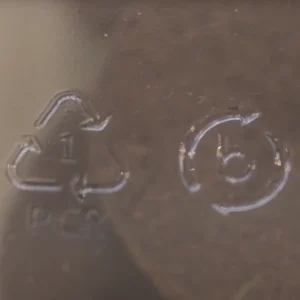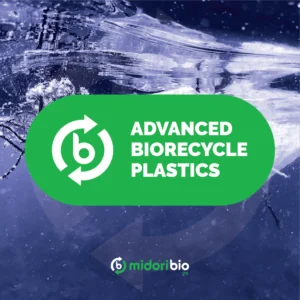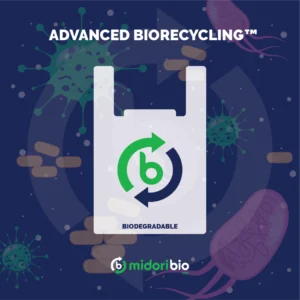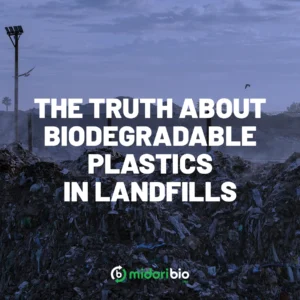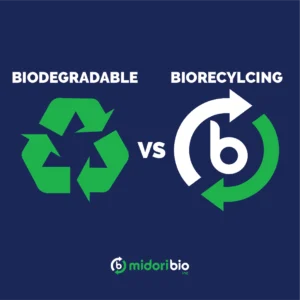Introduction: The Myth of Biodegradable Plastics
Many consumers and businesses believe that biodegradable plastics are the ultimate solution to plastic pollution. The term “biodegradable” suggests that these materials will naturally disappear over time, leaving no trace behind. However, the reality is far more complex.
In this article, we’ll explore what biodegradable plastics really are, their hidden limitations, and why Advanced BioRecycling™ is a more effective alternative.
Understanding Biodegradable vs. Compostable vs. Recyclable Plastics
Before we dive into the issues with biodegradable plastics, it’s important to understand the key differences between common terms:
Biodegradable Plastics – Plastics that claim to break down over time due to natural processes. However, the speed and completeness of degradation depend on specific environmental conditions.
Compostable Plastics – Designed to break down into organic matter in industrial composting facilities, but they may not degrade properly in home compost bins or landfills.
Recyclable Plastics – Plastics that can be processed and reused in manufacturing, though many types of plastic still face low recycling rates.
The Hidden Issues with Biodegradable Plastics
1. Biodegradation Requires Specific Conditions
Most biodegradable plastics do not break down efficiently in real-world environments. They require controlled conditions, such as high temperatures and the presence of certain microbes—conditions rarely found in oceans, landfills, or natural ecosystems.
2. The Microplastics Problem
Many biodegradable plastics don’t fully decompose. Instead, they break into microplastics, which persist in the environment and harm marine life, soil, and even human health.
3. Industrial Composting Limitations
Even if a product is labeled “compostable,” it often requires industrial composting facilities that many regions lack. Without proper disposal infrastructure, these plastics often end up in landfills or nature, where they do not degrade properly.
4. Greenwashing and Misleading Claims
Many companies market biodegradable plastics as a guilt-free solution to waste, despite their limitations. This greenwashing misleads consumers and businesses into thinking they are making an eco-friendly choice when, in reality, the impact is minimal.
The Advanced BioRecycling™ Alternative
Instead of relying on biodegradable plastics that require specific conditions to break down, Advanced BioRecycling™ provides a realistic and effective approach to reducing plastic waste.
How Advanced BioRecycling™ Works:
Designed for Real-World Decomposition – Unlike biodegradable plastics, Advanced BioRecycling™ works in natural environments like landfills and oceans, where microbial activity helps plastic degrade efficiently.
No Special Treatment Required – Unlike compostable plastics, it does not need industrial composting to break down.
Reduces Microplastics Pollution – Ensures plastics degrade naturally without leaving harmful microplastics behind.
Conclusion: Make the Smart Sustainability Choice
While biodegradable plastics may sound promising, they often fail to deliver true environmental benefits. Advanced BioRecycling™ is the smarter, scalable solution for reducing plastic waste.


